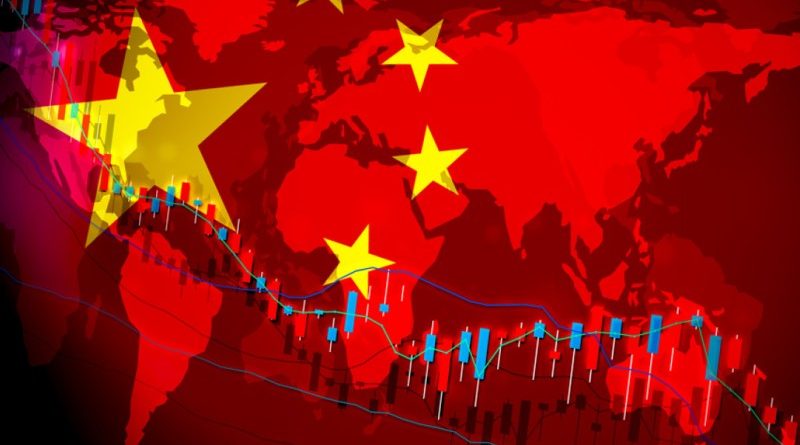How might changes in China’s economic growth affect global markets?
China’s economic growth has been a topic of great interest to global markets for many years. As the world’s second-largest economy, changes in China’s economic growth can have a significant impact on global markets. In this essay, I will explore the various ways that changes in China’s economic growth can affect global markets.
To begin with, it is important to understand the current state of China’s economy. In recent years, China’s economic growth has slowed down, and the country has experienced a number of challenges, including a trade war with the United States, rising debt levels, and an aging population. These challenges have led many analysts to question the sustainability of China’s economic growth model and its ability to continue to drive global growth.
One way that changes in China’s economic growth can affect global markets is through commodity prices. China is the world’s largest consumer of commodities, including oil, copper, and iron ore. As China’s economic growth slows, demand for these commodities decreases, leading to a decline in commodity prices. This can have a ripple effect on global markets, as commodity-exporting countries such as Australia, Brazil, and Canada rely heavily on China’s demand for their commodities. A slowdown in China’s economic growth can lead to a decline in demand for commodities and a drop in commodity prices, which can have a negative impact on these countries economies.
Another way, changes in China’s economic development through the Chinese currency, the yuan, can affect global markets. The value of the yuan is closely tied to China’s economic growth, and a slowdown in growth can lead to a depreciation of the yuan. This could make Chinese exports more competitive and lead to an increase in Chinese exports, which could have negative effects on the economies of other countries. A weaker yuan could also lead to a flight of capital from China, as investors seek higher returns in other countries. This could lead to a reduction in global liquidity and an increase in volatility in global financial markets.
The Chinese government’s response to changes in economic growth can also have an impact on global markets. In recent years, the Chinese government has implemented a number of policies aimed at stabilizing the economy, including cutting interest rates and increasing government spending. These policies can have a positive impact on global markets, as they can help to stabilize the Chinese economy and prevent a sharp slowdown in growth. However, these policies can also lead to a buildup of debt and create longer-term risks for the Chinese economy and the global financial system.
In addition, changes in China’s economic growth can also have an impact on other emerging markets. China has been a major driver of global growth in recent years, and a slowdown in China’s economy can lead to a decline in demand for goods and services from other emerging markets. This can have a negative impact on these countries economies and lead to a broader slowdown in global growth.
Finally, changes in China’s economic growth can also have an impact on global trade. China is the world’s largest exporter and plays a critical role in global trade. A slowdown in China’s economic growth can lead to a decline in Chinese exports, which can have a negative impact on global trade. This can also lead to a rise in protectionism and trade tensions, as countries seek to protect their own economies from the impact of a slowdown in China.
In conclusion, changes in China’s economic growth can have a significant impact on global markets. From commodity prices to currency values to government policies, there are many factors that can be affected by changes in China’s economy. As China continues to face challenges in maintaining its economic growth, it is important for global markets to be aware of these risks and to take steps to mitigate their impact.
Read also:
Global Economy – History, Structure, Dynamics, Challenges.
How China’s shifting growth picture could hit global markets





